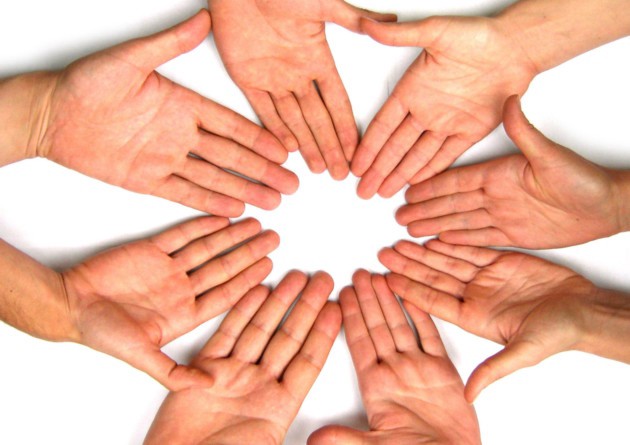Persons who express their good wishes or sympathy, often to someone who they do not know are known as well-wishers. The importance of involvement of such kind of person can be evaluated based on conditional parameters: where, when, why and who.
Where: Based on situation, the importance of person can be calculated while considering significance of time and location of incidence. For example, if you are driving a car and your friends are praying for your safe journey, if they are also travelling.
When: It talks about, timely managed wishes. For example, if you are driving a car and your friends are praying for safe journey as there is heavy rain and strong high wind outside.
Why: This parameter is mainly focused towards the reason of someone’s prayer/wishes. For example, if you are driving a car and your friends are eagerly waiting for you, as they haven’t seen since you for a long time, and are praying for your safe journey during travelling.
Who: This is a critical conditional parameter while identifying the importance of well — wishers. Everyone will not be a well-wisher for you. There would be 10% chances out of 90% to get stuck with wrong people who are always trying to become well-wishers politically, but they will not be soreally. The crux behind identifying the well-wisher is to understand the importance of efforts based on situation (where) and why that person is wishing for your happiness.

As per the above description in diagram, every conditional parameter is equally related with each other.
The true well-wisher is the one who talks about your weaknesses in front of you, and proudly talks about your strengths in front of others.
Well-wishers are nothing but the strength of our life and the pillars of our happiness. WELL is nothing but a formation of Wisdom, Ethics, Loyalty and Legal characteristics of thoughts as we start to grow and learn to drive our life.

Originally published at medium.com


